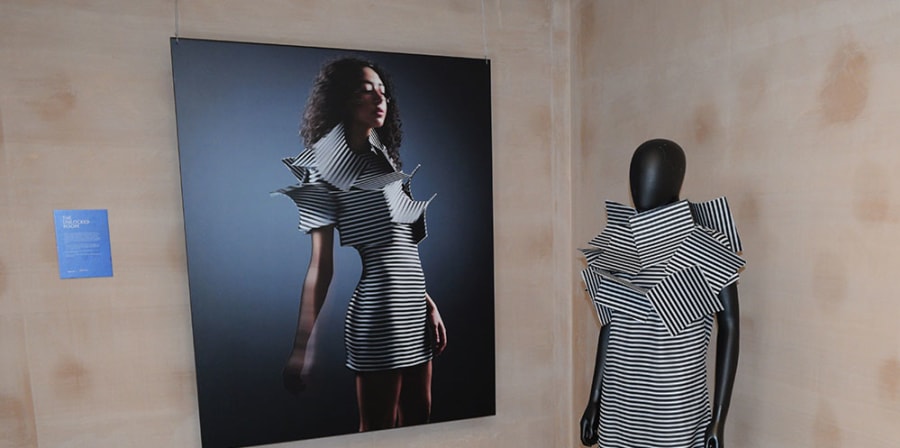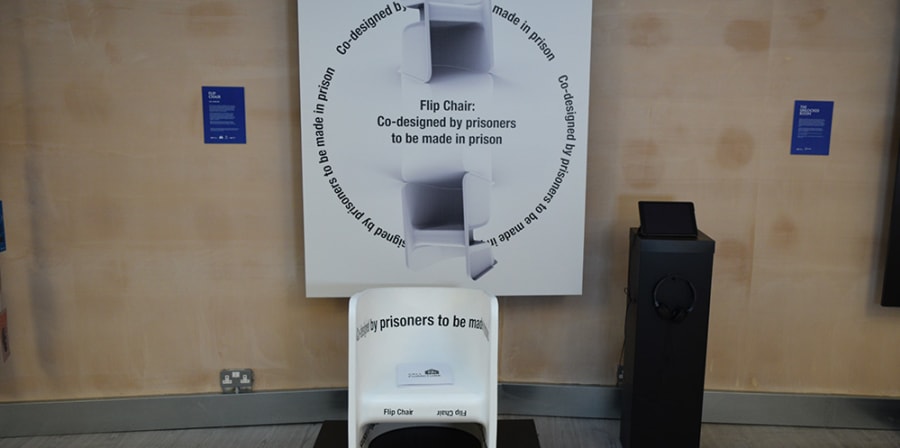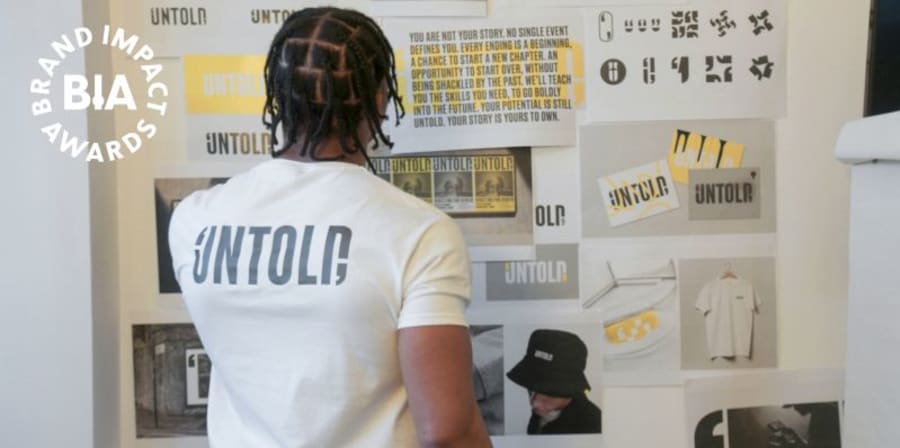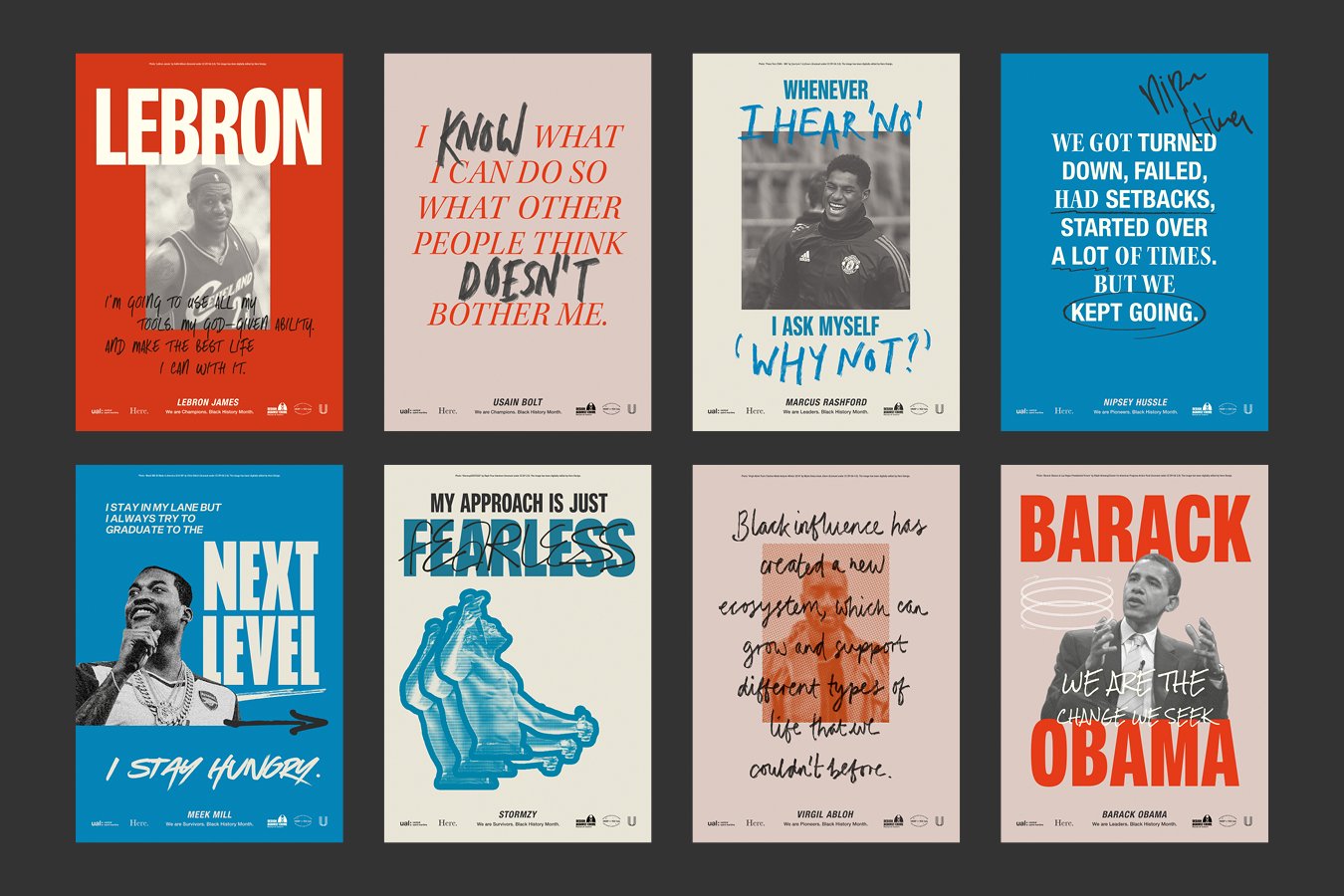The Design Against Crime Research Lab at Central Saint Martins has extended the run of the exhibition Making Time – Every Prison a Creative Hub at Hoxtonian Gallery in Hoxton Street. The exhibition is co-curated by Professor Lorraine Gamman of Design Against Crime research lab at Central Saint Martins and Rex Gardner and staff at Love Print.
The exhibition showcases some of the outcomes of a series of eight ‘creative co-production engagements’ with prisoners from HMP Downview, HMP Isis, HMP Standford Hill, HMP Wandsworth, and HMP Peterborough. The team is also currently working with HMP Pentonville and HMP Brixton.
Work on show includes the Cell Furniture project, which co-designed adaptable furniture for safety and space usage with prisoners and prison staff from HMP Standford Hill led by Lorraine Gamman, Jeffrey Doruff and Adam Thorpe from Central Saint Martins, as well as projects from Making for Change, a textiles manufacture training programme with women in HMP Downview led by Claire Swift from London College of Fashion.
Visitors can also see the series of Black Heroes posters created by Young Offenders at HMP Isis and the award-winning 2024 brand identity for Untold also created by prisoners, led by Kate Marlow of Here design agency in partnership with Lorraine Gamman at CSM’s Design Against Crime research lab at Central Saint Martins as well as key staff from HMP Isis and their newly formed Untold charity. The exhibition also showcases design projects from The Unlocked Room, Stretch, Open Book and Here that reveal how creative education can transform prisons into spaces of innovation and growth.
”We are proud to support this expo, we want to prove that every prison can be a place where potential is realised, voices are heard, and lives are transformed.” Kate Marlow, Here
Evidence shows that prisoners who are able to engage with making and studio culture thrive and this is documented by the National Criminal Justice Arts Alliance (NCJAA) as having a positive impact on their rehabilitation. Engaging prisoners in co-design and co-creation activities provides useful skills and confidence which can prepare them for life after release from prison. The ‘Re-Imagining Futures’ report by the NCJAA demonstrates a link between participation and engagement in arts activities and a movement away from reoffending, and you can access the report on the NCJAA’s evidence library here.
A re-offending analysis report carried out by the Prisoners Education Trust for the Justice Data Lab also showed a reduction in reoffending rates after one year from 35% to 30% for prisoners who had been provided with arts and hobby material and courses from the Prisoners Education Trust. You can read their report online here.
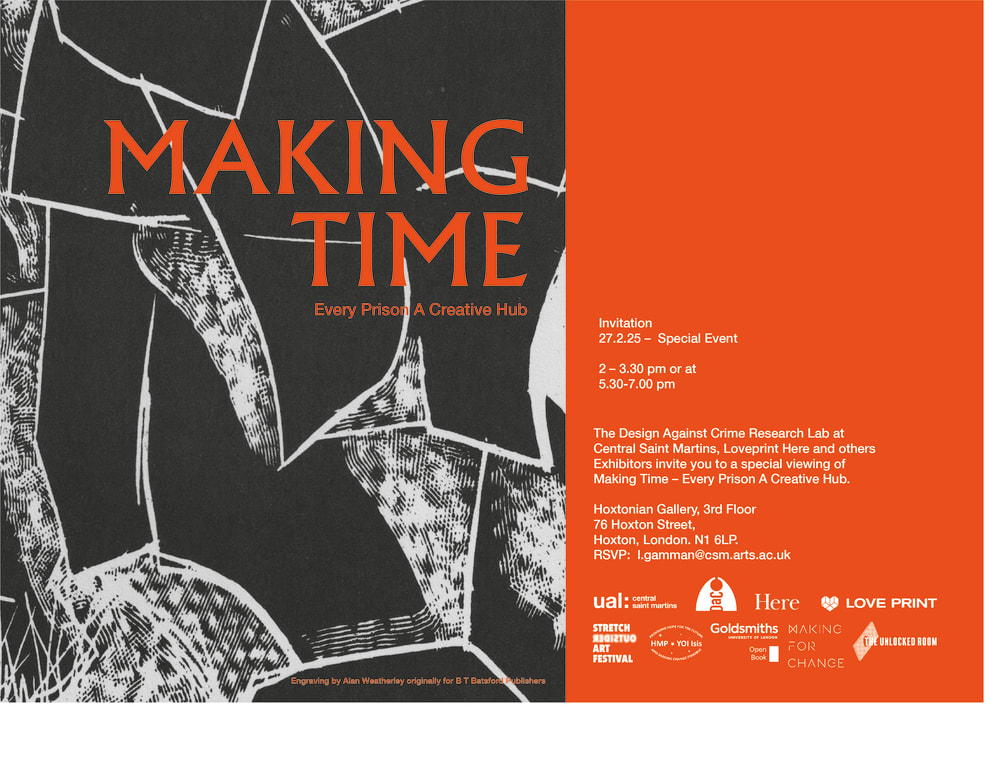
“Strong evidence indicates that creative learning can help reduce crime. It delivers useful vocational skills and fuels different internal dialogues and aspirations that lead some prisoners to start to change from within, and to find a route towards paid work and desistance.” Professor Lorraine Gamman, CSM
Artist John Costi, who discovered an art programme while in prison which encouraged him to submit his work to prison arts charity Koestler Arts, is a case study of the benefit of access to creative education. After release John studied at Central Saint Martins where he achieved a First Class Honours, and recently co-curated the Koestler No Comment exhibition at Southbank Centre with artist Jeremy Deller. He shares his own moving account of his journey to change in this film made as part of that exhibition. Watch this on Youtube here.
If you want to book to see Making Time at a special event running on 27 February please send an email to l.gamman@csm.arts.ac.uk
